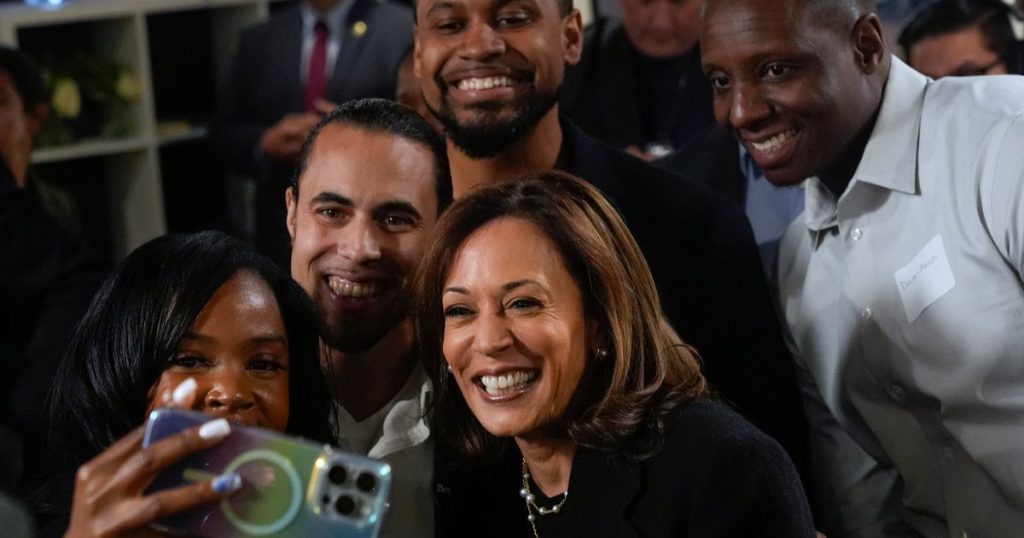With three weeks left in the presidential campaign, Democrat Kamala Harris is focusing on shoring up support in the “blue wall” states of Pennsylvania, Michigan, and Wisconsin to avoid a repeat of Hillary Clinton’s loss in 2016. Harris is campaigning vigorously in these key states, including holding multiple events in each, to ensure she secures the necessary electoral votes for victory. Her campaign is also not neglecting other battleground states like North Carolina, Georgia, Arizona, and Nevada, but her primary focus remains on the blue wall states due to their importance in the electoral math.
Harris’ campaign has learned from the mistakes of Clinton’s campaign in 2016, which was overconfident and failed to campaign sufficiently in crucial Midwest battlegrounds. Harris is not taking any state for granted and is actively engaging with voters in various regions to secure support. Her schedule reflects a strategic focus on Pennsylvania and Michigan, where she has made numerous stops since Labor Day to connect with voters and promote her policies. Harris is also making efforts to appeal to key demographics and address varied issues in each state she visits.
During her campaign travels, Harris is discussing key policies like promoting auto jobs and union membership in Detroit and unveiling plans to tighten asylum rules at the U.S.-Mexico border in Douglas, Arizona. Her campaign is also utilizing large organizational networks in key states and deploying surrogates, including her running mate Minnesota Gov. Tim Walz, to bolster support when she is unable to visit a particular region. Harris’ campaign is well-funded and benefits from a united front of high-profile politicians like former President Barack Obama, who are actively campaigning on her behalf.
Despite ebbs and flows in Democratic electoral odds during this tumultuous election year, Harris’ team remains optimistic about her chances of winning the presidency. While some states may shift in or out of reach, Harris’ broad geographic appeal and unified coalition of voters keep a wide set of states in play. Campaign Chair Jen O’Malley Dillon expressed confidence in Harris’ ability to bring together a diverse coalition of voters to compete in a tight race. Winning pivotal states like Pennsylvania could secure Harris the presidency, as highlighted by remarks from Sen. John Fetterman at a recent rally in Erie.
In contrast to Harris’ focused campaign efforts, President Donald Trump’s travel schedule this week appears less tightly focused, with visits to various states including Pennsylvania, Illinois, Georgia, and Florida. Trump’s comments on Detroit during a previous visit generated backlash, with local residents like Tommey Walker denouncing his disparaging remarks. Harris, on the other hand, has shown respect and admiration for Detroit, recalling her connections with the city and its residents. As the election draws closer, both candidates are intensifying their efforts to secure support in crucial battleground states and make their case to undecided voters.


